
The Hour is certainly coming, there is no doubt about it. But most people do not believe.
📖 Quran – Surah Ghafir (40:59)
Have you ever wondered what happens after we die? What is the purpose of our lives—and where are we headed once our time in this world comes to an end? These questions have been asked across cultures, religions, and generations. In Islam, the answers are both profound and deeply rooted in faith. Muslims believe that life does not end at death; rather, it transitions into another realm where every soul will face accountability for how it lived.
The concept of the Day of Judgement (Yawm al-Qiyamah) and the afterlife (Akhirah) is central to Islamic belief. It offers a complete framework: life is a test, death is not the end, and a final reckoning awaits. This belief gives meaning to existence, shapes behavior, and provides hope for justice and eternal peace.
In this article, we will walk through the Islamic teachings on the end of the world, the resurrection, the weighing of deeds, and the final destinations of Paradise or Hell. We’ll also explore how Islamic beliefs compare to those of other major faiths. Whether you’re a Muslim seeking deeper understanding or someone curious about Islam, this journey will provide a comprehensive and accessible view of what comes after life.
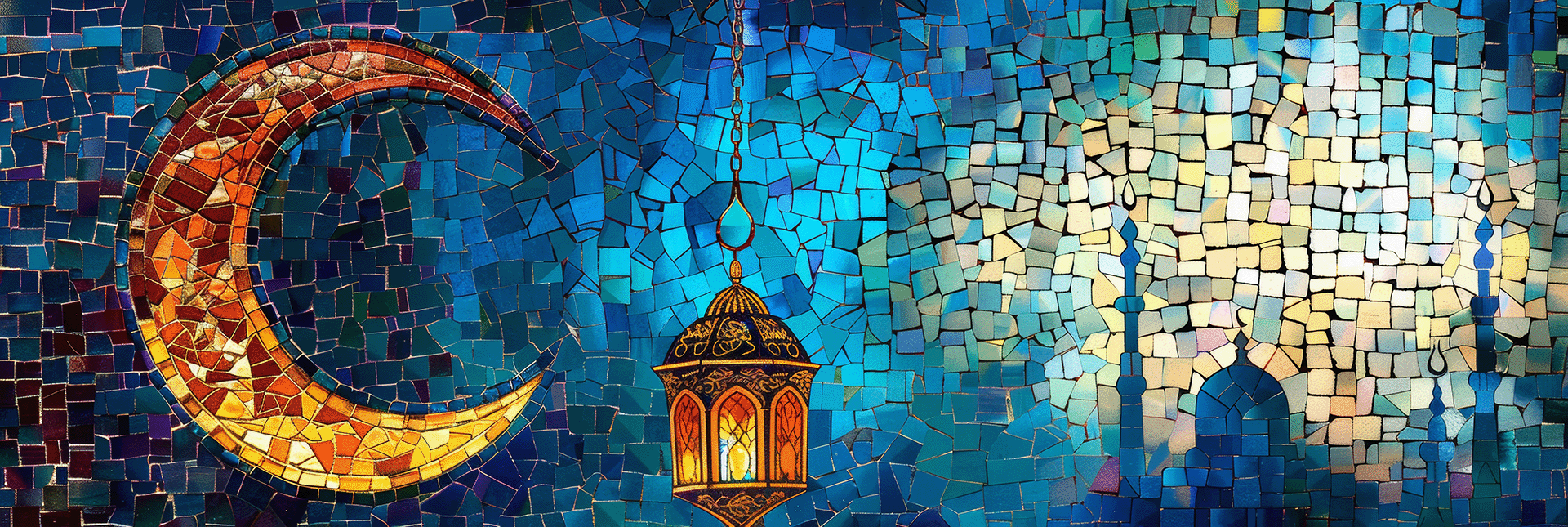
The Reality of the Day of Judgement
Islam teaches that this world is temporary and will one day come to an end. On that Day, every person will be resurrected for judgment.
“And the Trumpet will be blown, and all who are in the heavens and all who are on the earth will fall dead, except whom Allah wills. Then it will be blown again, and behold, they will be standing, looking on.” – (Quran 39:68)
The Day will begin with the blowing of the trumpet by Angel Israfil. The entire universe will be destroyed, followed by the resurrection of all humans, jinn, and other creatures. This day will be filled with fear, awe, and regret for many, but also hope and relief for the righteous.
The Prophet Muhammad (PBUH) said:
“How can I be at ease when the one with the horn (Angel Israfil) has put it to his mouth, bent his forehead, and is listening for the command to blow it?” – (Tirmidhi, 2431)
This concept emphasizes that the world is not an eternal place but a stage where human beings prepare for the real, everlasting life.
The Resurrection and the Gathering
After the destruction of the universe, all souls will be brought back to life. They will rise from their graves and be gathered in a vast, open plain for the final judgment.
“The Day when the people will emerge [from the graves] for a judgment of their deeds.”
(Quran 100:10-11)
The sun will be brought close, people will be overwhelmed with fear and sweat, and each person will be concerned only with themselves. Everyone will be gathered barefoot, uncircumcised, and unclothed, yet no one will be concerned with others due to the overwhelming fear of the Day.
The Prophet Muhammad (PBUH) said:
“You will be gathered barefoot, naked, and uncircumcised.”
(Bukhari 6527, Muslim 2859)
“That Day man will flee from his brother, and his mother and his father, and his wife and his children. For every man, that Day, will be a matter adequate for him.”
(Quran 80:34–37)
The Accountability and the Scales
Every deed—good or bad—will be presented. Even the smallest action will be accounted for. Two angels (Kiraman Katibin) record every deed during a person’s life.
“And the record [of deeds] will be placed, and you will see the criminals fearful of that within it. And they will say, ‘Oh, woe to us! What is this book that leaves nothing small or great but that it has enumerated it?’” – (Quran 18:49)
The Prophet (PBUH) said:
“A servant will speak a word, not realizing its consequences, yet for it he will fall into the Hellfire farther than the distance between the east and west.” – (Bukhari 6478)
The Mizan (scale) will weigh the deeds. Sincerity, intention, and righteousness will be factors in this judgment.
Some people will receive their book of deeds in their right hand—signifying success—while others will receive it in their left hand or behind their backs, indicating failure.
“And We set up a just balance for the Day of Resurrection so no soul will be treated unjustly at all.”
(Quran 21:47)
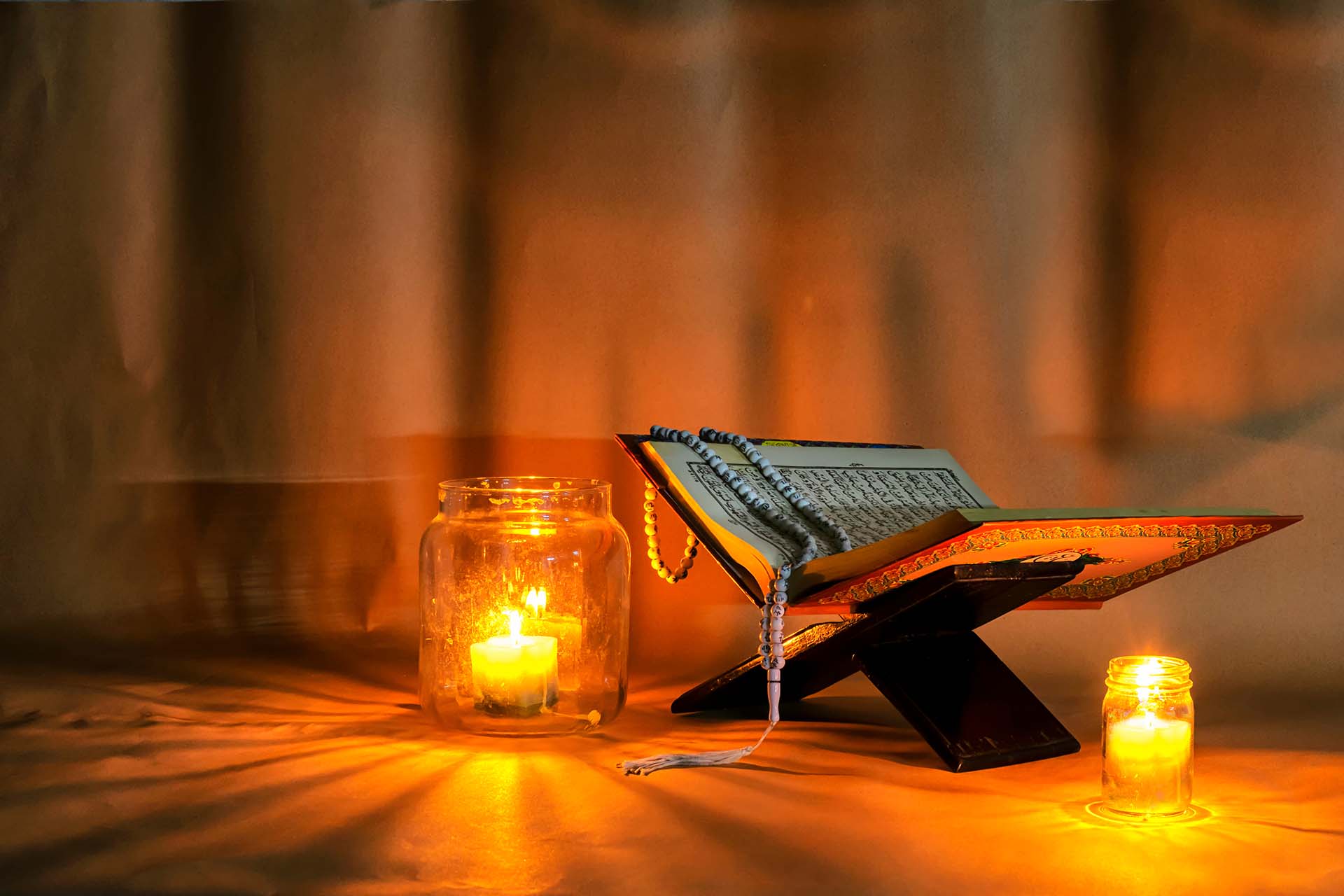
The Bridge (As-Sirāt) and Intercession
After judgment, souls will pass over a narrow bridge (As-Sirāt) stretched over Hell. It is sharper than a sword and thinner than a hair.
The Prophet Muhammad (PBUH) said:
“The bridge will be laid across Hell and I and my Ummah will be the first to cross it.” – (Bukhari 6573, Muslim 183)
Some will cross with ease like a flash of lightning, while others will struggle. The righteous will be helped by their light, and sinners may fall into Hell.
The Prophet Muhammad (PBUH) will be granted the greatest intercession (Shafa’ah al-Uzma) on this day, pleading for mercy and forgiveness for his followers.
The Prophet Muhammad (PBUH) said:
“I have been given the right of intercession.” – (Sahi Muslim 202)
“And there is none of you except he will come to it. This is upon your Lord an inevitability decreed.
Then We will save those who feared Allah and leave the wrongdoers within it, on their knees.”
(Quran – Surah Maryam 19:71–72)
Many scholars explain this “coming to it” (warduha) as referring to the passage over Hell via the Sirāt. The righteous will be saved, while the wrongdoers will fall.
Heaven (Jannah) and Hell (Jahannam)
Jannah (Paradise)
A place of eternal peace, joy, and reward for the believers.
“No soul knows what joy is kept hidden for them as a reward for what they used to do.” – (Quran 32:17)
The Prophet (PBUH) said:
“In Paradise, there are things which no eye has seen, no ear has heard, and no mind has ever imagined.” – (Bukhari 3244, Muslim 2824)
Jannah has multiple levels, the highest being Al-Firdaus. It is a place of gardens, rivers, palaces, and the ultimate reward—seeing the face of Allah.
Jahannam (Hell)
A place of punishment for those who rejected faith (the non-believers) and led a sinful life.
“Indeed, Hell has been lying in wait. For the transgressors, a place of return – (Quran 78:21-22)
The Prophet (PBUH) said:
“If a stone were thrown into Hell, it would fall for seventy years before reaching the bottom.” – (Muslim 2846)
Jahannam has levels and degrees of punishment, based on the severity of disbelief and sins. However, Islam also emphasizes that Allah’s mercy prevails, and some will be forgiven even after punishment.
“Indeed, the criminals will be in the punishment of Hell, abiding eternally. It will not be allowed to subside for them, and they, therein, are in despair.”
(Quran 43:74–75)
Comparison with Other Major Religions
Christianity
Christianity teaches belief in the Day of Judgement, where faith in Jesus and deeds determine one’s eternal fate. Heaven is for those who accept Jesus as their savior, while Hell awaits the unrepentant.
Similarity: Belief in resurrection, final judgment, and eternal life.
Difference: Islam emphasizes personal accountability without intermediaries and rejects the concept of original sin and divine sonship.
Judaism
Judaism has diverse views on the afterlife. Many Jews believe in a future resurrection and judgment, but details vary widely.
Similarity: Belief in resurrection and divine judgment.
Difference: Less emphasis on vivid descriptions of the afterlife and more focus on ethical living.
Hinduism
Teaches the cycle of birth, death, and rebirth (samsara) based on karma. The goal is to attain liberation (moksha) from this cycle.
Difference: Islam teaches one earthly life followed by eternal reward or punishment. It does not support reincarnation.
Buddhism
Focuses on escaping suffering through enlightenment (nirvana), with beliefs in rebirth and karma.
Difference: Islam teaches belief in a personal Creator, moral accountability, and eternal afterlife, whereas Buddhism is often non-theistic.
Conclusion: A Life Worth Living
The Islamic belief in the Day of Judgement and the afterlife instills a deep sense of purpose and accountability. Every act has meaning. Life is not random, and death is not the end—it is the beginning of what truly matters.
“Whoever desires the Hereafter and strives for it accordingly, while he is a believer, it is those whose effort is appreciated.” – (Quran 17:19)
The message of Islam is clear: live a life of faith, justice, and compassion—and prepare for the eternal journey.
May we all be among those who are welcomed into Jannah with the comforting words:
“Enter it in peace. This is the Day of Eternity.”
(Quran 50:34)
“Guide us to the straight path—The path of those upon whom You have bestowed favor, not of those who have evoked Your anger or of those who are astray.” – (Quran 1:6–7)
May Allah guide us all to fulfill our purpose and attain success in this life and the Hereafter. Ameen.
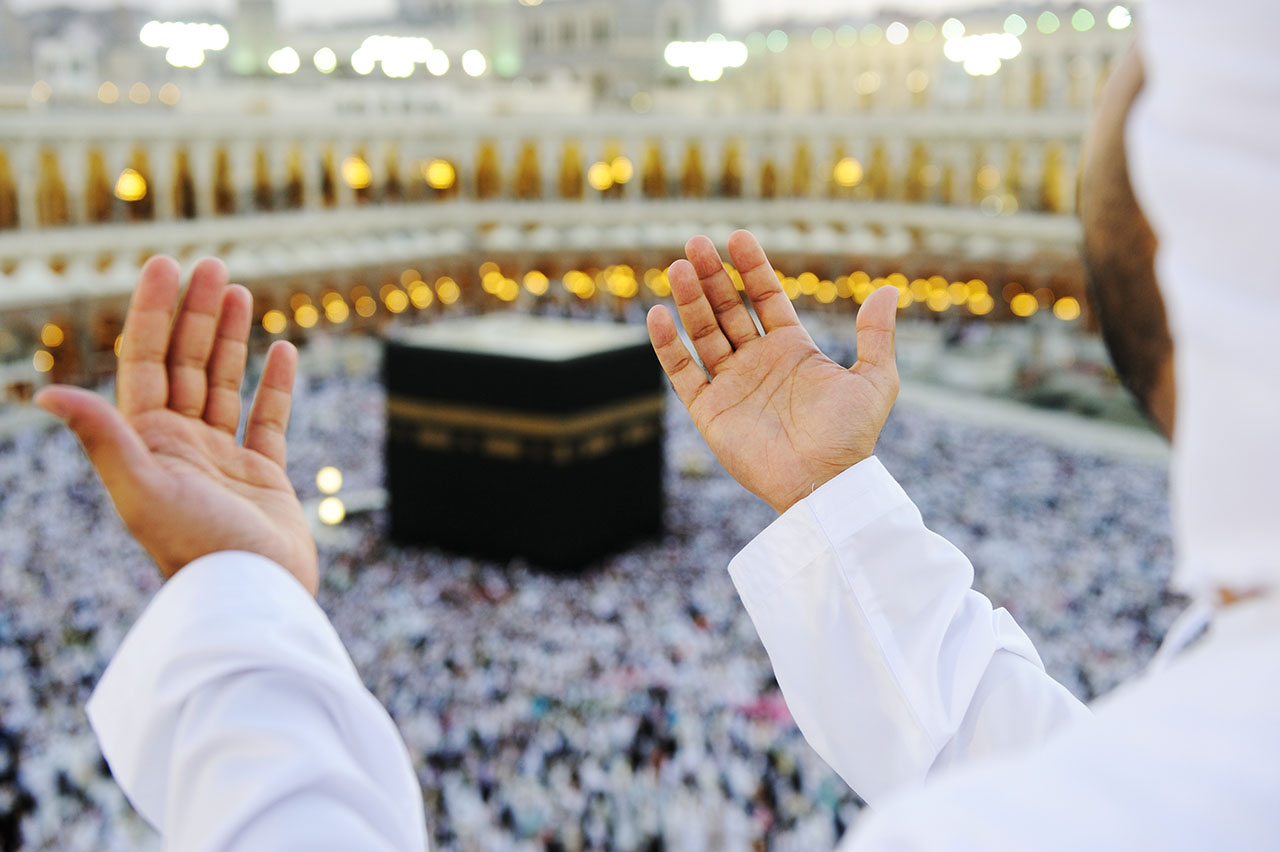
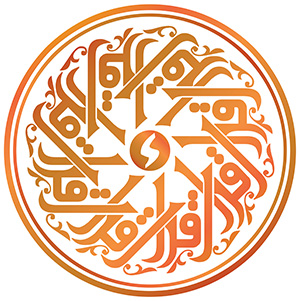

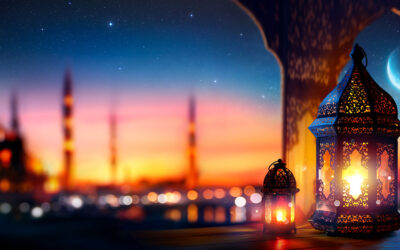
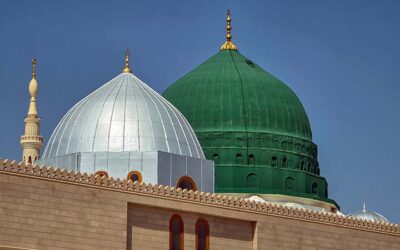
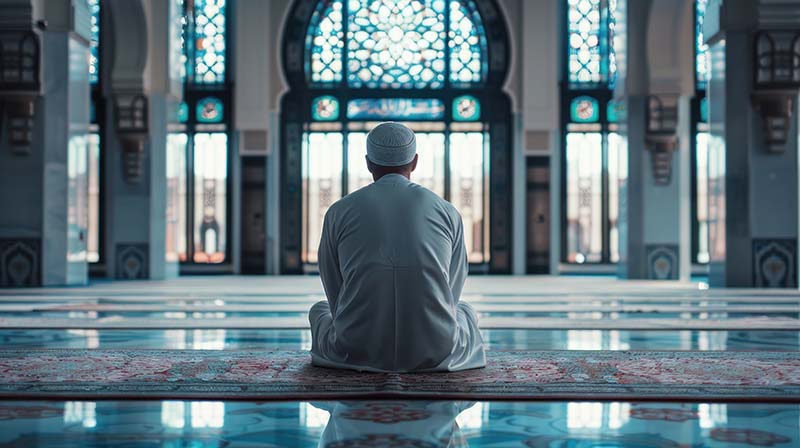
0 Comments